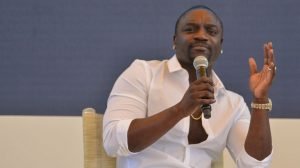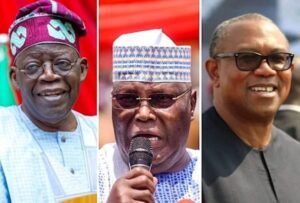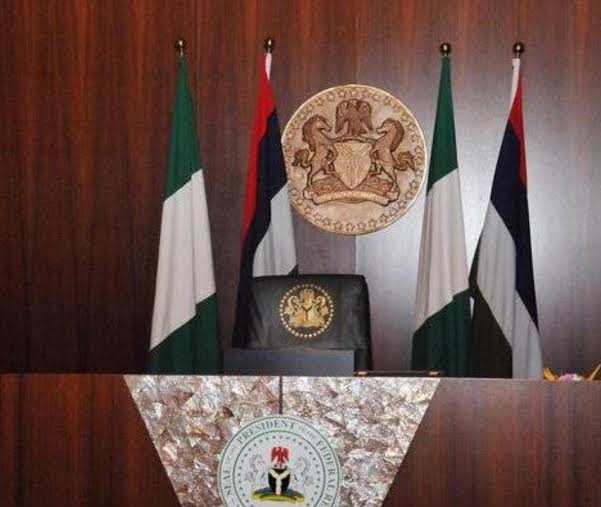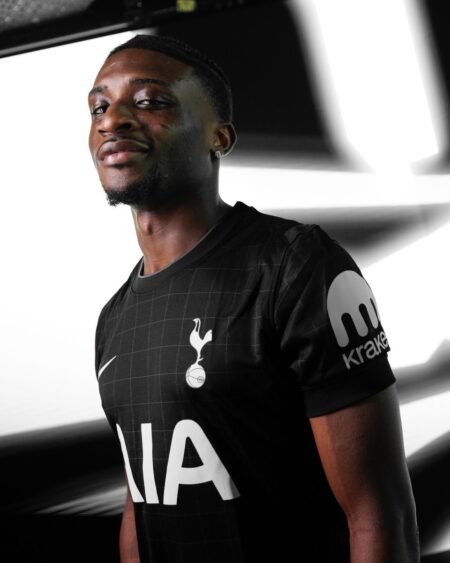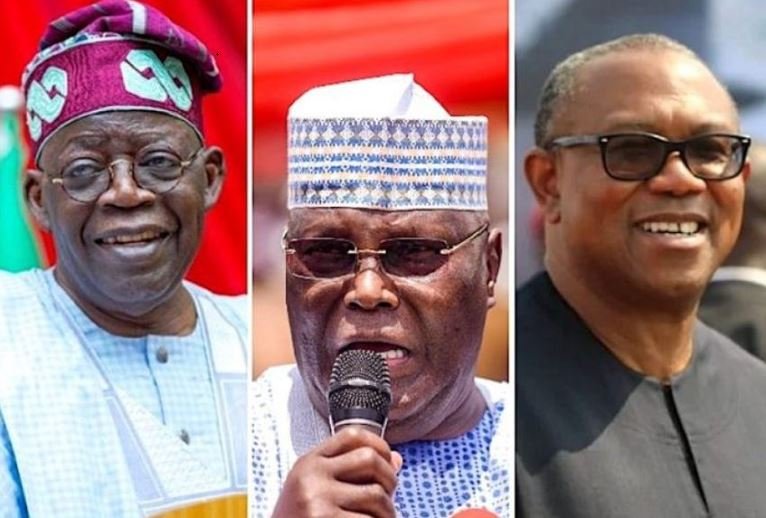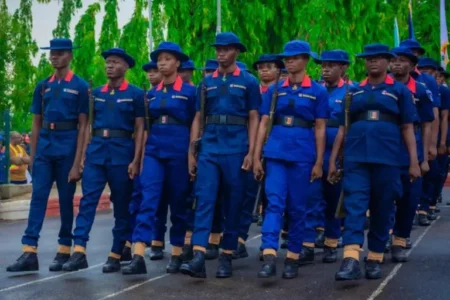I want an Igbo President. Not because I’m Igbo, I’m not at all! I want an Igbo President for fairness, for justice, for balance, and for the soul of Nigeria.
More than 60 years since independence, Nigeria, our beloved country still grapples with the ghost of tribalism, structural imbalance, and a political system that has, time and again, shut out the Southeast from the highest office in the land. The Igbo, one of the tripod pillars upon which Nigeria was founded, remain the only major ethnic group yet to fully taste the presidency in a democratic Nigeria since 1999.
This is not about sentiment. It is about equity.
The Igbo have paid their dues in the making of Nigeria—with blood, sweat, intellect, and resilience. From the dawn of our independence, Dr. Nnamdi Azikiwe, the Zik of Africa, stood tall as a nationalist—not just for the East, but for the entire country. He didn’t seek to divide; he sought to unite. In him, the spirit of Nigeria found a home.
Then came others: men like Alex Ekwueme, Nigeria’s first elected Vice President, whose idea of a six-geopolitical-zone structure still holds Nigeria together today; Odumegwu Ojukwu, whose controversial legacy still cannot be erased from the pages of our national history; Chuba Okadigbo, the philosophical firebrand who once held the Senate like a poet with a microphone; and more recently, Peter Obi, who ignited a political wildfire in 2023 that gave young Nigerians a voice and reminded them that structure isn’t brick and mortar, but people.
But beyond political noise and historical grievances, the Igbo have proven their worth in building Nigeria.
Visit any city in this country—from Sokoto to Yenagoa, from Maiduguri to Lagos—and you will find Igbo traders, professionals, engineers, doctors, teachers, and tech whizzes adding value, investing in the local economy, building homes, raising families, and calling these places “home.” They do not dominate by force. They compete by merit.
In truth, Nigeria needs the Igbo as much as the Igbo need Nigeria. And there is no better time to heal this old wound than now.
Yes, I supported the idea of an Igbo presidency, not just in name but in spirit. However, I also believe that the current policies of the present government may yield tangible results in the near future, which is why we should show faith in this administration. I know things are very difficult for our countrymen and women, and hopefully, the economy will turn the corner. That belief is shaping my evolving view that the incumbent government may still win the 2027 election after all.
Added to that is the divisive tone of Peter Obi’s recent politics, which seems increasingly detached from the pan-Nigerian legacy of Dim Odumegwu Ojukwu. His open disagreement with Ojukwu’s legacy—a man who once gave him political wings—makes me question whether he is the right person to lead at this fragile moment in Nigeria’s history.
If Obi, for whatever political arithmetic, does not emerge in 2027, then what are the alternatives?
Thankfully, the Southeast is not short of brilliant minds and patriotic hearts. We must begin now to spotlight, support, and prepare those who have shown both competence and character, and who can take on the mantle of national leadership.
Let’s talk about Dr. Alex Otti, the current governor of Abia State—a former bank CEO with an eye for reform—who is turning Abia into a place of productivity and pride. His quiet, focused leadership and commitment to development are already drawing national attention.
Let’s consider Valentine Ozigbo, a business leader and bridge-builder with global corporate experience and a heart for inclusive politics. He may not have held elected office yet, but his intellect and poise stand him out.
What about Senator David Umahi, now Minister of Works? His engineering mind and passion for infrastructure development show that Igbo sons can build more than empires—they can build nations.
There’s also Chukwuemeka Nwajiuba, a former Minister of State for Education and a quiet, disciplined figure many underestimate.
And then there is a whole constellation of distinguished Igbo individuals, each representing excellence in their respective fields, who could be groomed for Nigeria’s highest office:
Prof. Kingsley Moghalu, former CBN Deputy Governor and thought leader in governance and innovation.
Dr. Ifeanyi Okowa, former Governor of Delta State—calm, experienced, and inclusive.
Prof. Charles Soludo, Governor of Anambra and former CBN boss—a brilliant economic architect.
Osita Chidoka, former Aviation Minister—articulate, progressive, and institutionally savvy.
Okey Enelamah, ex-Minister of Industry and Harvard-trained technocrat.
Dr. Joe Abah, governance reformer and respected public voice.
Bartholomew Nnaji, energy expert and one of Africa’s leading engineers.
Dr. Oby Ezekwesili, co-founder of Transparency International and governance activist.
Dr. Ndubuisi Ekekwe, a tech visionary helping build Africa’s digital future.
Dr. Sam Amadi, former NERC chairman and bold policy advocate.
These are not paperweight names. These are towering minds—individuals who have competed, excelled, and led on national and global stages.
This is not a tribal call. It is a national need. A just federation thrives when no part feels left out. When we break the pattern of exclusion, we awaken a sense of true belonging.
The road to 2027 has already begun. If not Obi, let us not despair. Let us build. Let us unite behind credible Igbo aspirants, regardless of party lines. Let us demand that competence, character, and fairness guide our politics—not just for the Igbos, but for every marginalized group in this diverse nation.
It is time to say to the Southeast: we see you, we hear you, and yes, your time can come.
Not as a favour, but as a right.

